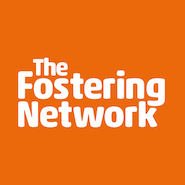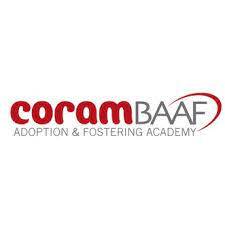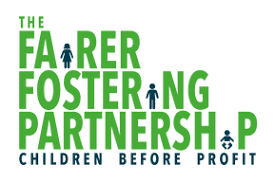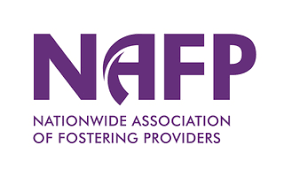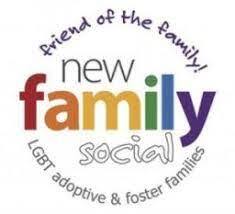What Is Short Break Fostering?
Formally known as respite care.


These placement types offer a foster family some downtime, enabling both the child/young person and their foster parents some well needed space to rest.
This is an invaluable service for our carers, ideal for disability placements or children with additional needs, Short break care gives the opportunity to decompress for everyone involved in a placement.
As a short break carer, you will offer a home that a child or young person can thrive in.
In most cases, where respite care is required a foster family will partner with a specified respite carer so the transition for the child or young person can be as seamless as possible – forming relationships that again, extend the young persons network beyond what they would have experienced otherwise.
Outcomes of short break fostering
Every family has their up and down periods where time apart can help reevaluate, relax and reignite a relationship that may be going through a rough patch. Short break care is critical to maintaining strong bonds between children and their foster family as they have that opportunity if only for a few days, to let off some steam outside of the foster family home.
You will develop skills through training and networking events that ensure you can manage any/all situations that may arise as well as having a dedicated social worker that will be on call whenever you may need.
Make an enquiry!
Become a foster carer

Short break fostering | Latest news
Black History Month
Fostering with young children
Coping with stress in fostering
Types of foster care
